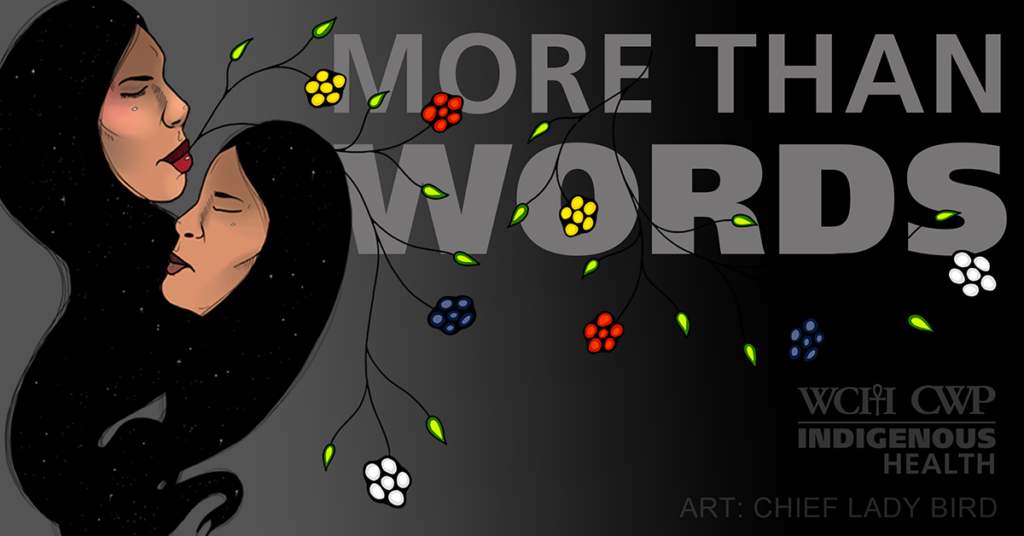
Last week, Women’s College Hospital (WCH) joined TAHSN hospitals in releasing a statement of solidarity and action in response to the shocking death and abusive and racist treatment suffered by Joyce Echaquan, a member of the Atikamekw Nation of Manawan in a Joliette hospital (Quebec). During the agonizing final hours of her life, the 37-year-old mother filmed those who should have been caring for her as they barraged her with hateful language and treatment and ignored her pleas for help. Streamed live to Facebook, the video is heartbreaking to watch and has activated continued calls for action.
Ms. Echaquan’s story is not unique. Rather, it is yet another example of the ongoing systemic racism and barriers to accessing safe, quality and trauma-informed care that many Indigenous community members face. There is an ongoing and urgent need to take action, and WCH is committed to dismantling oppressive structures and advancing anti-racism strategies in more than words alone.
The Centre for Wise Practices in Indigenous Health (CWP-IH) at WCH has been a core component to forging the trust and building relationships crucial to reconciliatory transformation within our organization. Through the implementation of Wise Practices for Healthcare Leaders and mobilizing several national guides and reports specific to healthcare and education (TRC, MMIWG2S Report recommendations, The Indigenous Health Primer and Health Values Statement), we are striving towards creating a safe space for Indigenous patients, learners, staff and community partners. We have Elders and Knowledge Keepers in residence and offer a safe place and protocols for community members (patients, learners and staff) to engage in their own ceremonial healing practices (e.g. smudging), as mandated by Section 1.1 of the Ontario Human Rights Commission. Indigenous spiritual, emotional and mental wellness supports and referrals are also available.
This year alone, beyond facilitating specialized Indigenous Trauma-Informed and Cultural Safety Training initiatives, programming, services and educational opportunities, the CWP-IH team has also pivoted to work with WCH COVID-19 care teams during the pandemic. This includes managing COVID care, relationships and referral networks for urban Indigenous people.
And there is still so much more to do. We know that racism similarly affects Black community members. Both as an organization and on an individual level, we must work together to disrupt anti-Indigenous and anti-Black racism in the healthcare system. This includes delivering anti-oppression training across the organization, engaging our new WCH Equity Council, increasing race-based data collection while adhering to OCAP principles and other respectful, reciprocal, responsible, relevant and community-centred information gathering practices. Engaging, retaining and advancing Black and Indigenous leaders and communities in research is also a strong, executive-supported strategy.
Our own Dr. Lisa Richardson, Strategic Lead of Indigenous Health at WCH, joined nation-to-nation healthcare and community leaders and Elders in a virtual meeting with Indigenous Services Minister Marc Miller, Crown Indigenous Relations Minister Carolyn Bennett and other ministers last Friday. Over 400 participants were in attendance.
WCH prides itself as an organization committed to equity and to serving and removing barriers for diverse groups. To live up to that commitment, we must continue to strive towards providing culturally safe care, free of racism and discrimination, including for the First Peoples of these lands.
RESOURCES
3.Executive Summary for Wise Practices for Healthcare Leaders in Canada